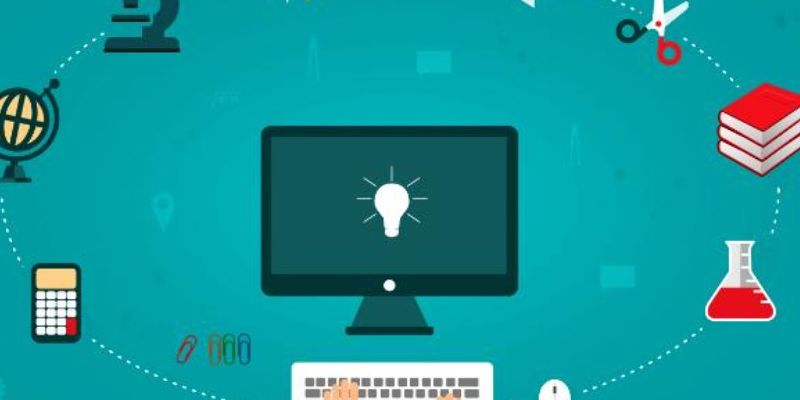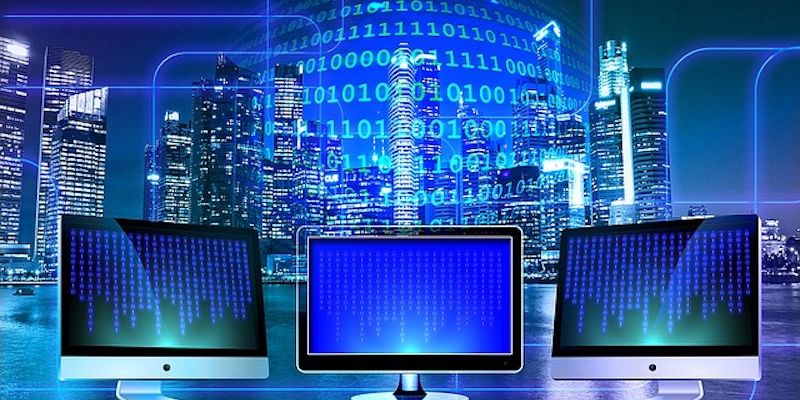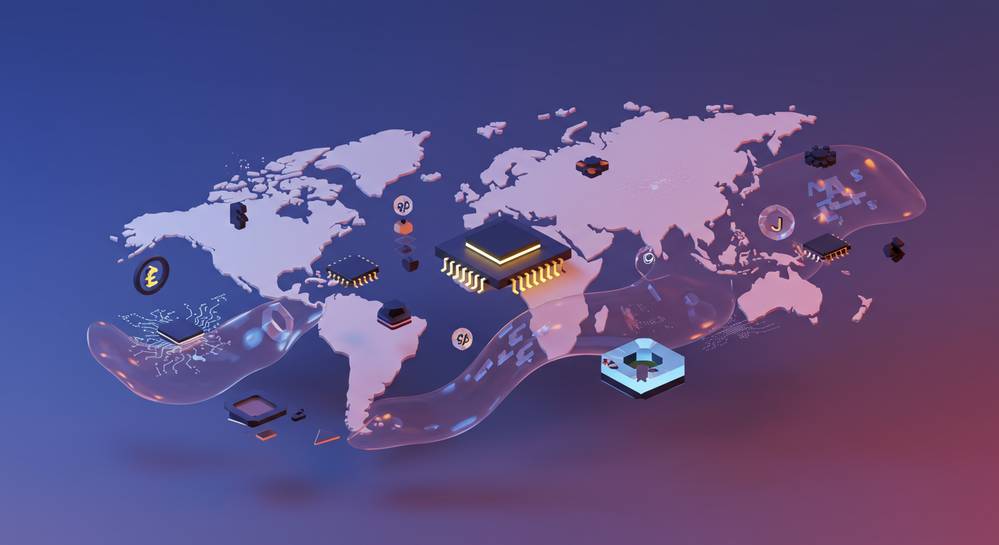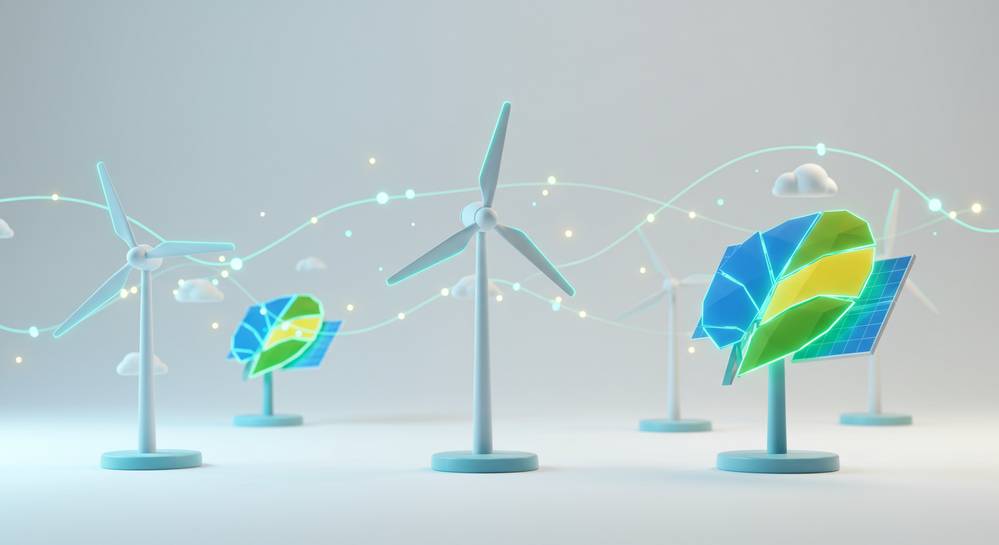The Social, Economic, and Cultural Impact of Computers: Revolutionizing Our World
Think about the last time you went a day without a computer. Tough, right? The social, economic, and cultural impact of computers has reshaped every aspect of our lives. They’ve sparked a digital revolution, touching every corner, from our jobs to how we learn and connect. In the blink of an eye, they’ve turned our world on its head. Now, we find ourselves in a new reality, where computers fuel progress, shape economies, and weave a cultural fabric that reaches globally.ArgsConstructor
The Evolution and Influence of the Digital Revolution
Tracing the Historical Significance of Computerization in Society
We live in a time where computers touch almost every part of life. It’s like a giant puzzle, and computers are the pieces that make it complete. They help doctors care for us and teachers educate us. Even farmers use them to grow better crops! This shift started years ago, and now, it’s hard to find a place without computers.
From big machines that took up whole rooms, computers have shrunk to fit in our pockets. Each step of the way, computerization in society has grown. It has changed how we work, learn, and connect with others. These machines do math fast, store heaps of info, and talk to other computers across the world. They make life easier and open doors to new ways of living.
Yet, with these changes come big questions. How do we use these tools well? How do we make sure everyone can get to them? And how do we teach kids to use them in good ways?
Identifying Key Technology-Driven Social Changes
Now, let’s talk about how tech has stirred things up in our social lives. First, think about how we meet and talk to new people. It’s not just face to face anymore. We have virtual communities where we share bits of our days, our likes, and our thoughts, all through screens. These places can be filled with fun and friendship.
But there’s a flip side. Sometimes, people use these spaces to hurt others. We call it cyberbullying, and it’s a serious issue. It reminds us that every good tool can be used in bad ways if we are not careful. And for some folks, these online worlds are too gripping. They can’t unplug, and it becomes a problem—like social media addiction.
Another big shift is work. Many jobs that people did are now done by computers or robots. This is called automation, and it means we need new skills to find work. Plus, more folks now work from home or different places thanks to tech. It’s handy but also tricky to balance work and life when they mix like this.
Every day, we use the internet to shop, learn, play games, and talk to family. It’s neat to buy toys or find answers with just a few clicks, right? But we also must think about who can see our data and how to stay safe online. Even grown-ups have to learn this new type of smart called computer literacy.
And all of this ties back to how kids grow up today. Screens and games are everywhere, which can be fun. But too much? Not so good. That’s why some are saying coding is as key as reading and math now. It’s a skill that helps in almost any job and lets you make cool stuff happen on screens.
Computers have brought us together in ways we never thought possible. But they’ve also brought challenges that we must face head-on. It’s a journey full of twists and turns, but together, we can ride the wave and shape a future where tech serves us well and leaves nobody behind.

Economic Progress and Challenges in the IT Era
Assessing Economic Growth through IT and Related Employment Shifts
Our world is on the fast track, thanks to technology. Computers and the digital revolution impact have been big news. They are behind a big jump in jobs and businesses across the globe. Each day, more work goes digital, and computer literacy rates are ticking up. People are changing the tools they use at work. They bring laptops, smartphones, and tablets into the daily grind. This move is reshaping how we think about work and play.
But it’s not all a clear path forward. We’ve got employment shifts due to automation — that means robots and software can do some tasks that humans did before. Artificial intelligence influence adds to this mix; it’s smart and quick, but it can also push some out of jobs. We worry about those folks and work to help them fit into this new world.
The Rise of the Gig Economy and Tech Startups
Now let’s talk about the gig economy and tech. Everyone wants that cool app or the latest gadget. So, tech startup economy surges, with bright minds cooking up new ideas in places like Silicon Valley. And guess what? We ain’t shopping the way we used to. The e-commerce boom makes getting goodies to our doorsteps a breeze.
Many are ditching the 9-to-5 and hopping into the gig economy. It’s like a choose-your-own-adventure for work — drive a car, deliver food, or freelance online. Remote work proliferation makes this possible. We can work from anywhere, and that’s neat! But wait, there’s more to the story.
Tech makes life zippy and shiny, but not everyone’s on board yet. We’ve got a digital divide. This means some folks lack the tech or know-how to join in. We’re talking about the young, the old, and those far from big cities. We need to close this gap, so everyone gets to win.
Computers have lit a fire under our economy. They’ve changed how we buy, sell, work, and play. But like all big changes, they bring questions and challenges too. We’ve got to keep an eye on the prize and work through this life-changing shift together.

The Cultural Tapestry of Technology in Society
Examining Global Connectivity and Its Cultural Implications
We live in a world more connected than ever before. Computers and the internet link us across vast distances, bringing together people from all walks of life. This global connectivity shapes cultures. It mixes ideas, languages, and customs, creating a new cultural blend.
For instance, someone in Brazil can learn about Japanese traditions with just a few clicks. They can also watch a live concert from Italy while sitting at home. Computers act like bridges across oceans, allowing rich, cultural exchanges on a scale we’ve never seen.
But, this is not without issues. Some worry about losing their traditions or being overpowered by more dominant cultures. Languages can fade as English becomes the norm online. We must balance embracing the new and preserving the old.
How Computers Are Reshaping Education and Workplace Norms
In schools, books and blackboards now share space with tablets and smartboards. Kids learn coding like it’s a second language. They tap into resources once out of reach, from the best libraries to scientific databases. This shift changes how they think and solve problems. It’s not just about memorizing facts anymore. Skills like critical thinking take center stage.
In workplaces, computers have transformed norms. Many now telecommute, punching in from anywhere. Office life has changed, being both more flexible and more demanding. With laptops, work can follow you home. This flexibility is great but it can also blur the line between work and rest.
In both, education and work, the digital divide is a real concern. Not all have the same access to technology. Some students fall behind, and some workers miss out on opportunities. We need to close this gap to ensure technology benefits everyone equally.
Computers do much more than run programs. They redefine how we live, learn, and interact. They shape our jobs and our free time. As they evolve, so does our society. We weave a new cultural tapestry, thread by digital thread.

The Intersection of Technology and Social Behavior
Analyzing the Growth of Virtual Communities and Online Social Behavior
Computers hook us up with friends in far places. We can chat, share, and learn from folks all over this huge world. More people join virtual communities each day. That’s lots of voices and ideas buzzing and bouncing off each other. This makes new sorts of friendships and clubs.
What are virtual communities? They’re groups online where people talk, share info, or hang out. Think of a club, but on your screen. You can find ones for books, games, or even growing plants. Everyone can find a spot that feels right.
Addressing the Digital Divide and the Impact of the Internet on Cultural Norms
But, some people can’t get on the net easy. This is what we call the digital divide. It’s like a gap. It means not everyone gets to join in. The web should be for all, but it’s hard when some can’t afford a computer, or when they live where the internet’s slow or not there at all. When we close this gap, more folks can chat, learn, and work online.
What impact does the internet have on the rules we follow in life? They’re changing. We say hello, thank you, and sorry with emojis now. We know about other cultures more than ever. And this is just the start. The net’s teaching us new ways to talk, celebrate, and be kind to each other.
Kids today learn to click, swipe, and type real young. They grow up knowing how to use gadgets. This changes how they think and learn. They find answers online super fast. But they should also play outside and chat face to face. We must balance screen time to stay healthy in body and mind.
At work, we use tech a ton. We talk to co-workers online, even from home. Jobs are changing too. Think about how many folks order stuff online. That makes more jobs in e-commerce. But robots and smart machines also do jobs people used to do. We must learn new skills so we can work with these smart helpers.
Tech helps us stay close to folks we care about. It also helps us meet new friends who like what we like. But we can’t forget about the folks not yet online. Let’s help them get there so they can join the fun and work too. This way, we all grow and learn together.
Computers touch almost every part of life. They’re tools for talking, learning, and having fun. They help us work and bring us closer to people across the globe. But let’s not leave anyone behind. Let’s all move forward in this large, amazing digital world.
We’ve explored how the digital revolution changed our lives, from computers in our past to tech’s role in culture and jobs today. Growth in IT has boosted our economy and sparked new kinds of work, like gig jobs and tech startups. Our world is smaller now with global connections. Learning and working have new rules because of computers. But the online world we love also brings divides. It’s clear; technology shapes who we are and how we act. Let’s use it well, for all.
Q&A :
How have computers transformed workplace dynamics and productivity?
Computers have revolutionized the workplace by enhancing productivity, fostering collaboration, and allowing for remote work. The integration of digital tools enables businesses to manage workflow efficiently, automate repetitive tasks, and facilitate communication across different locations. As a result, companies can operate with greater flexibility and speed, adapting to market changes more quickly.
What are the broader economic effects of widespread computer usage?
The pervasive use of computers has significant economic implications, including the creation of new industries and job opportunities. It has also increased global competition and innovation. Computers and related technologies have contributed to more efficient supply chains, expanded markets, and have the potential to reduce operational costs. However, they have also played a role in economic disparities and job displacement in certain sectors due to automation.
In what ways have computers influenced modern education and learning?
Computers have profoundly impacted education by providing access to a wealth of information and learning resources online. They support interactive and personalized learning experiences, distance education, and the development of digital literacy skills that are crucial in the modern workforce. Additionally, computers are instrumental in facilitating research and enabling educators to track and assess student progress using various digital platforms.
How do computers affect social interactions and relationships?
Computers, and more specifically the internet, have transformed social interactions by enabling people to connect with others across the globe. Social networking platforms, forums, and instant messaging services have created new ways for individuals to socialize, share information, and build communities. However, this has also raised concerns about reduced face-to-face interactions, cyberbullying, and the impact on mental health.
What is the cultural significance of computers in today’s society?
Computers have become a cultural cornerstone, influencing entertainment, art, and media. They allow for new forms of creative expression, such as digital art and multimedia installations. The ease of content creation and distribution has empowered individuals to contribute to cultural dialogues and share their diverse perspectives. Nevertheless, there is an ongoing debate about the digital divide and the representation of different cultures within the digital space.



